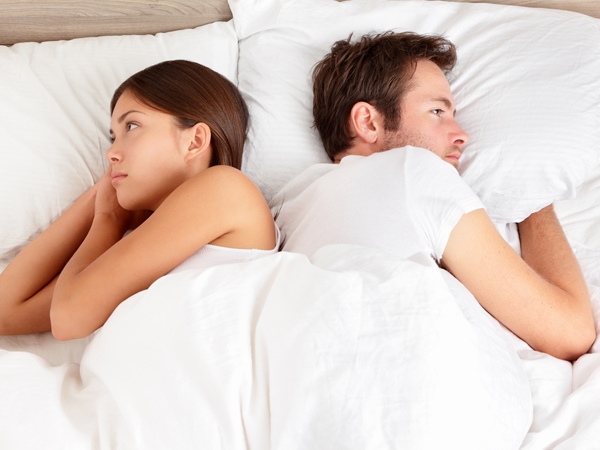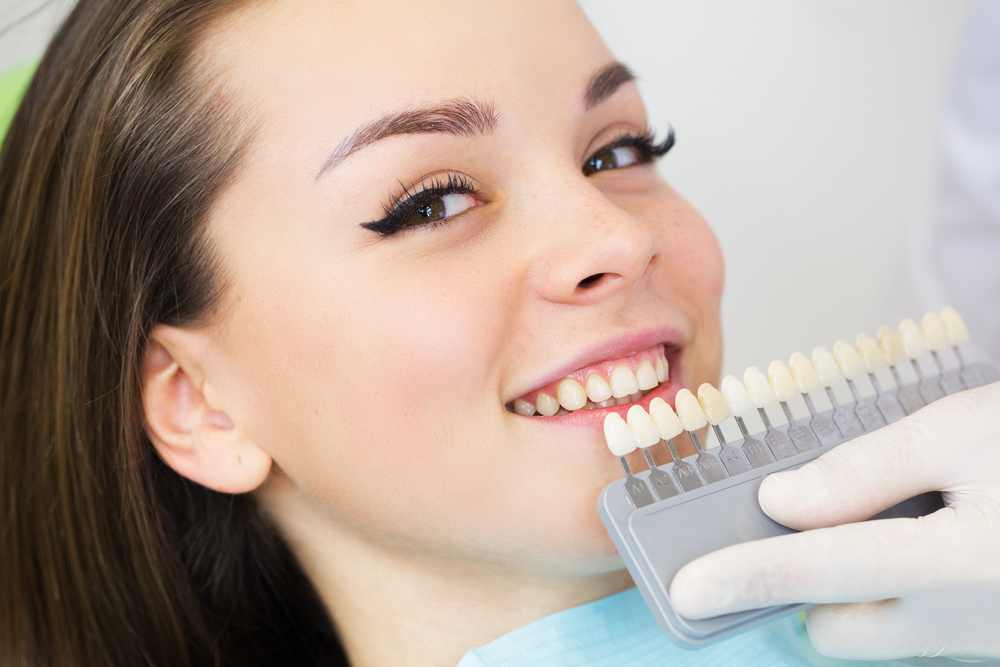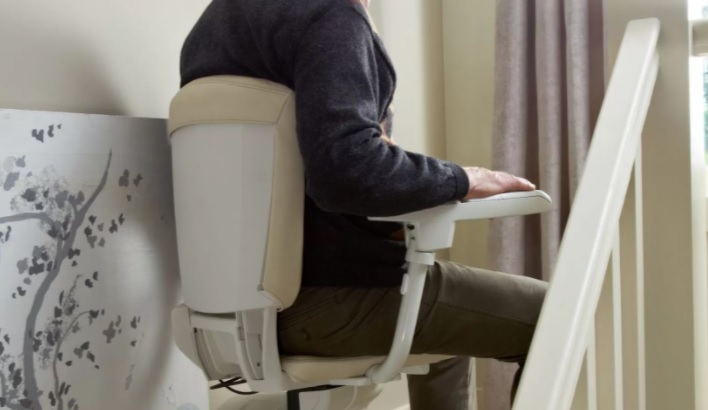How to Naturally Lower Testosterone Levels – Reducing Stress, Improving Bone Density

Low testosterone (male hypogonadism, also known as male hypogonadotropic hormone) is a medical condition where the male reproductive organs (the male sex hormones testosterone and SHBG) don’t produce sufficient testosterone. This can lead to problems with sexual performance and erectile dysfunction, cause decreased libido, and make a man feel inadequate. In men, testosterone makes male sex characteristics like muscle mass, sperm production, and the ability to grow erections stronger. It also helps build and maintain a man’s bone and muscle strength.
Testosterone deficiencies can be caused by a number of factors. One cause is age. As men get older, they naturally produce less testosterone. Another reason is disease or chemotherapy. Other causes of low testosterone are chronic liver disease, injury to the prostate, kidney disease, radiation therapy for cancer treatment, and diseases related to the thyroid, pituitary gland, pancreas, and adrenals.
In healthy men, low testosterone helps men build muscle mass and strength. It helps the body build new cells and it increases the body’s ability to retain and recover bone mass. It also increases muscle endurance and strength. And it helps men maintain a regular and healthy erection. To achieve and maintain normal levels of testosterone, diet must contain enough calories, fats, carbohydrates, and protein. And, of course, sufficient water is needed to help the body rid itself of excess testosterone.
Symptoms of low testosterone levels in the body include lack of interest in sex, erectile dysfunction, low libido, and decreased muscle mass and strength. It is important that any signs of these problems be treated promptly. If left untreated, low levels of testosterone may cause the formation of gynecomastia, a condition where males have enlarged breasts. Gynecomastia can lead to health risks like breast cancer, increased body fat, and heart disease.
The good news is that testosterone affects almost every aspect of health in different ways. While some symptoms may be mild, others are more serious. While low levels may cause some physical difficulties, they are nothing compared to the myriad of advantages that low levels of testosterone affects. Low levels of testosterone affect the mental and emotional health of an individual profoundly. Learning how to Naturally Lower Testosterone Levels can bring about many beneficial changes in an individual’s life.
Low levels of testosterone affect how well the body uses calcium and magnesium in their functions. Calcium is needed for strong bones and healthy teeth. Magnesium is important for red blood cell production and regulation. Learning how to Naturally Lower Testosterone Levels can help you improve your bone density, promote normal blood flow, and increase your energy level and sexual functioning.
It’s very important to differentiate between hypogonadism and low testosterone. Signs and symptoms of low testosterone are: decreased sexual desire, decreased libido, weight gain and decreased muscle mass. In men, testosterone is essential for maintaining an erection. Excess testosterone can cause several conditions that can interfere with libido, including obesity, memory problems and mood disorders. Symptoms of low testosterone in women include irregular menstrual cycles, infertility and mood swings.
Most medical experts agree that the ideal test levels for males are between the mid-to high-normal range for younger men and the low-to-zero range for older men. For women, the recommended levels are slightly lower than for men. Women produce less testosterone than men because their adrenal glands are not active as much. Testosterone levels peak and fall throughout the year. Low levels may be experienced during the cold months of the year or immediately following the end of your menstrual period. Because low testosterone is associated with a number of medical conditions, it is important that you visit your doctor if you notice any of these symptoms.
Low testosterone helps prevent the secretion of sperm. Sperm count is affected by testosterone when men are sexually aroused. As the male produces more testicles for protecting the egg, the weaker the spongy tissues at the base of the sperm are affected. If weak testicles are not available, the sperm cannot survive and there are no chances of fertilization.
Low testosterone can also result in hypogonadism or difficulty starting puberty. Hypogonadism is caused by reduced production of the gonadotropin, follicle stimulating hormone or FSH. FSH stimulates ovulation, increases testicular size and augments sperm production. If testicles are not present in sufficient quantity to start puberty, the pituitary gland continues to secrete higher levels of FSH which further stimulate gonadotropin production.
If low testosterone levels are accompanied by other side effects like edema, acromegaly, soft and painful erections or painful ejaculation, then the treatment options are limited. In some cases, testosterone replacement therapy with synthetic hormones is recommended. You need to have a complete medical check up before taking this treatment, consider contacting Premier Men’s Medical Center in Central Florida about options. It also needs to be prescribed by a doctor. The side effects of this treatment include decreased libido, fluid retention, acne, mild weight gain and muscle loss.
Your family doctor can help you understand what kind of treatment to opt for and the expected benefits and side effects. There are natural products that increase testosterone levels through diet and herbs. They help reduce depression and increase energy. These products are a good option to go in for if your primary physician is not comfortable with testosterone therapy or if there are no alternatives available. You should remember that, in the long run, it is better to opt for treatments that boost your body’s ability to produce normal aging symptoms.










